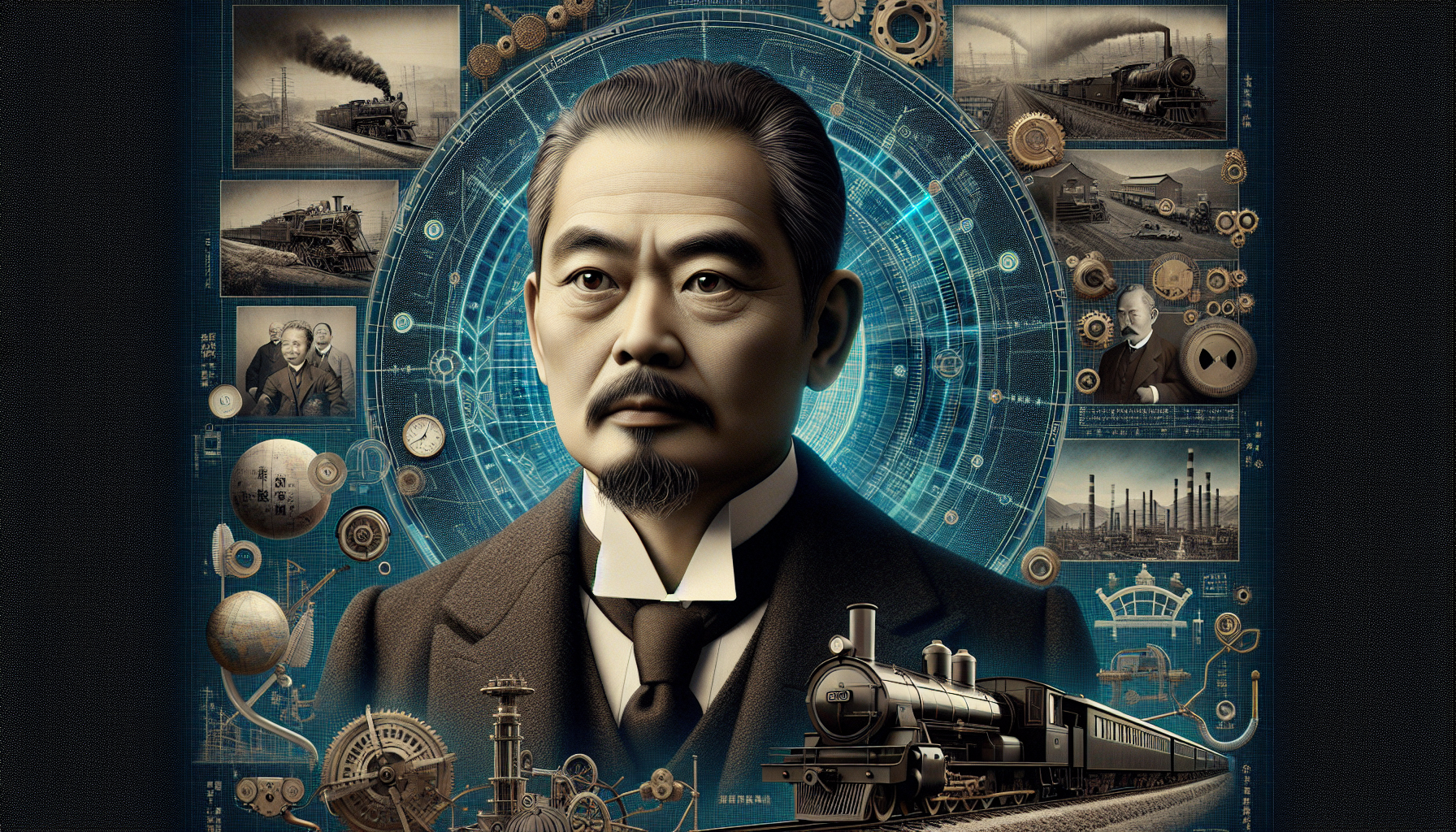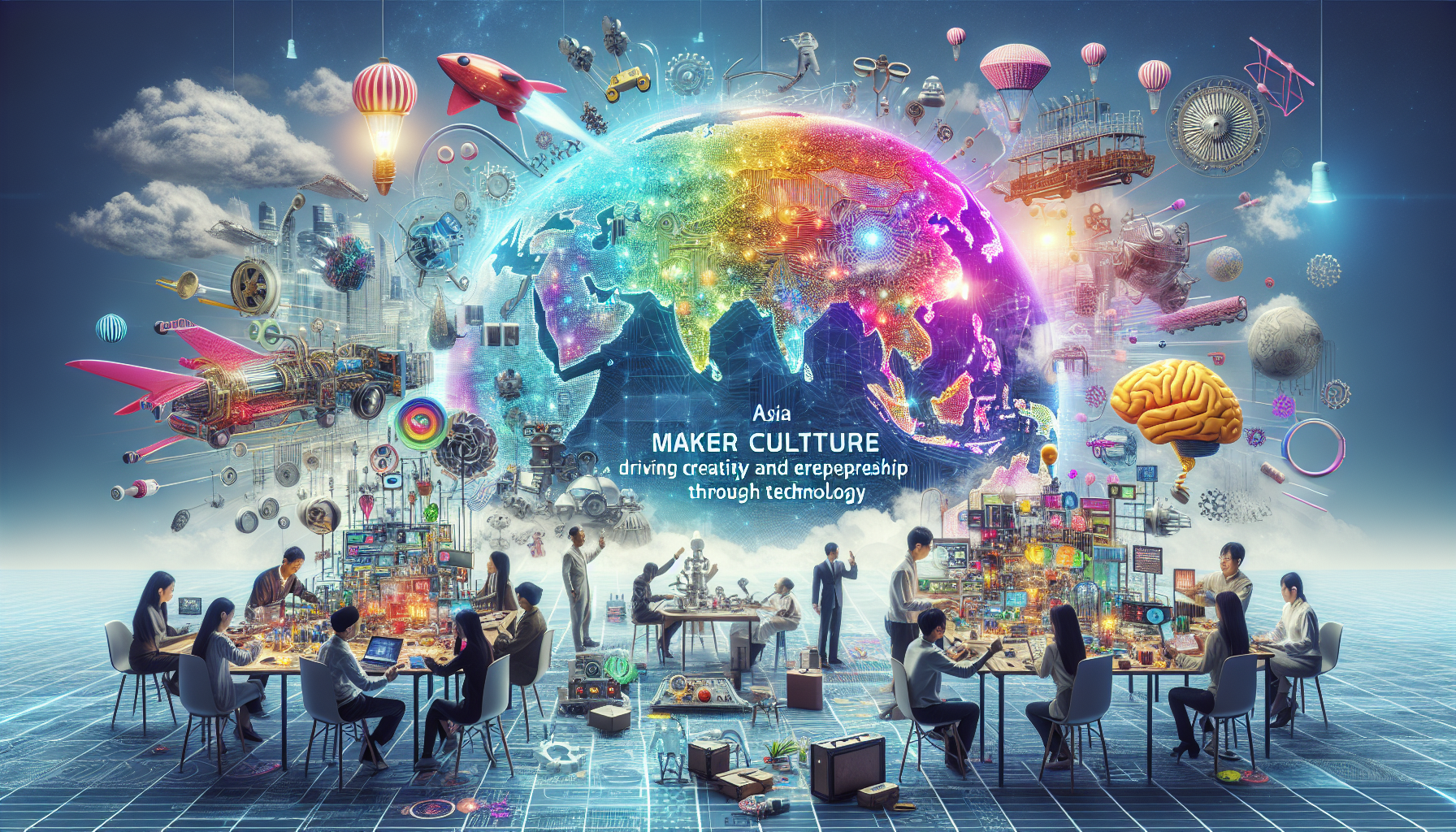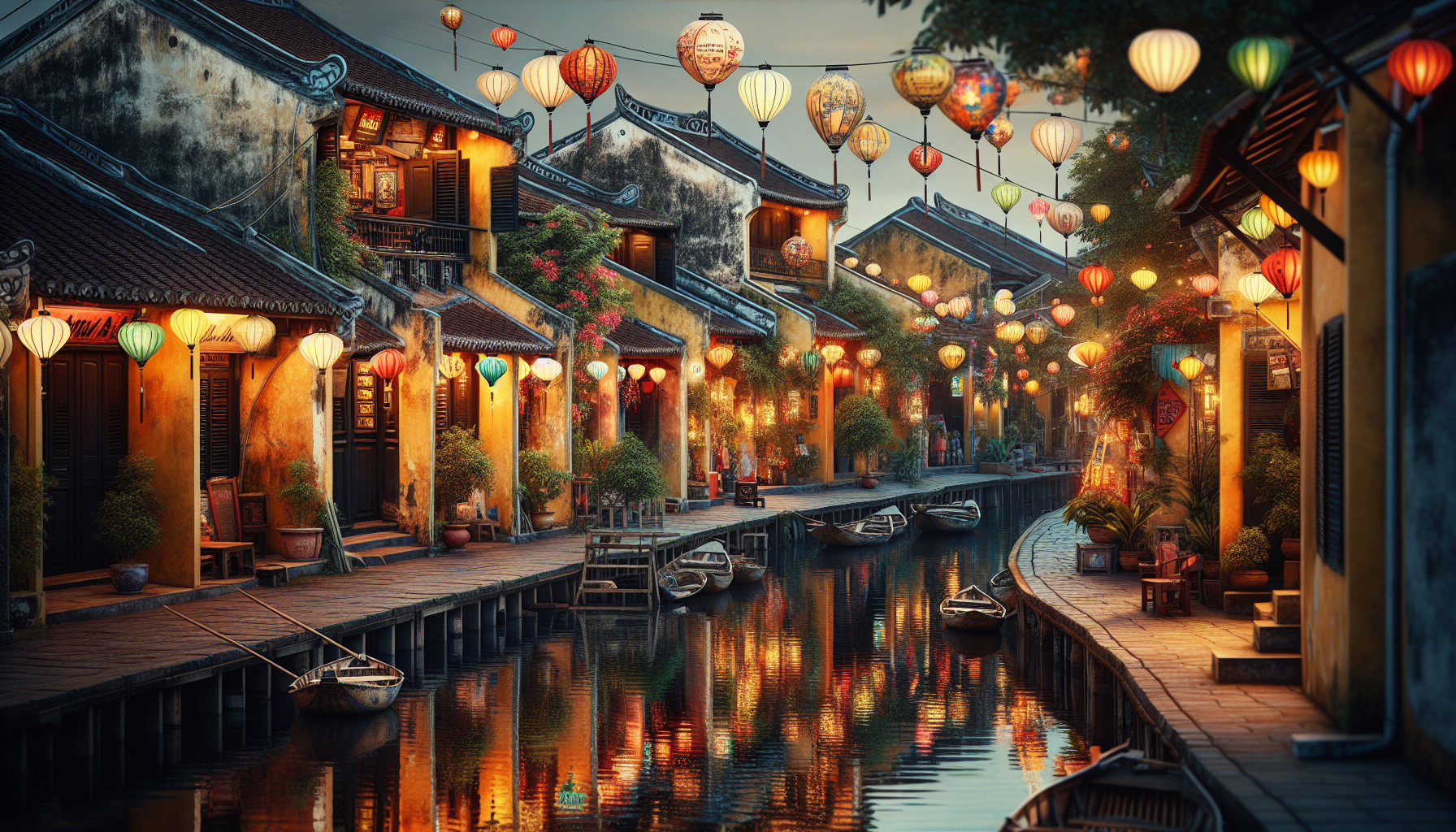Advertisements
Emperor Meiji was one of the most important leaders in Japanese history, responsible for transforming the country into a world power. His reign, which lasted from 1867 to 1912, was marked by the modernization and innovation that he introduced into Japanese society. With his visionary outlook, Emperor Meiji implemented a series of reforms that shaped Japan's future and set it on the path of progress.
During Emperor Meiji's reign, Japan underwent rapid industrialization and Westernization, adopting modern technologies and practices that boosted the Japanese economy and society. He also promoted education and culture, encouraging the population to become more knowledgeable and capable of meeting the challenges of the modern world. His firm and determined leadership was instrumental in establishing Japan as a global power.
Furthermore, Emperor Meiji was a symbol of unity and modernity for the Japanese people, who saw him as a visionary and inspiring leader. His ability to adapt to change and promote the country's development made him an iconic figure in Japanese history. His legacy endures to this day, influencing not only Japan but the world as a whole.
Advertisements
Therefore, by analyzing Emperor Meiji’s career, we can understand the importance of his work and how his actions shaped the future of Japan. His vision of modernization and innovation continues to inspire generations and influence the country’s policies and practices. His legacy is an example of how visionary leadership can transform a nation and propel it towards progress and prosperity.
Emperor Meiji: The visionary who transformed Japan and shaped its future with modernization and innovation
Emperor Meiji, also known as Mutsuhito, was one of the most important monarchs in Japanese history. He reigned from 1867 until his death in 1912, a period known as the Meiji Era. During his reign, Japan underwent an intense process of modernization and innovation, which transformed it from a feudal society into a modern, industrialized country.
The beginning of the Meiji reign
Meiji ascended the throne at a time of great instability in Japan. The country was divided between supporters of the feudal regime and advocates of modernization. The new emperor soon allied himself with the reformers and began an ambitious modernization program known as the Meiji Restoration.
The Meiji Reforms
One of the main measures adopted by Meiji was the abolition of the feudal system, which was replaced by a centralized government structure. In addition, the emperor promoted the industrialization of the country, encouraging the construction of factories, railways and the modernization of the army and navy.
Advertisements
- Abolition of the feudal system;
- Industrialization of the country;
- Modernization of the army and navy;
The Meiji Legacy
Emperor Meiji is remembered as a visionary who transformed Japan and shaped its future through modernization and innovation. Thanks to his reforms, the country became an industrial and military powerhouse, capable of competing with the great Western powers. His legacy endures to this day, and he is remembered as one of the greatest leaders in Japanese history.

The legacy of Emperor Meiji is an example of how visionary leadership can transform a nation and impact the course of world history. During the Meiji period (1868-1912), Japan underwent one of the most rapid and profound transformations in history, leaving behind the feudal system and embracing modernization in many aspects. By adopting policies of industrialization, militarization, and educational reform, Emperor Meiji guided Japan toward development, making it a world power in the early 20th century.
His vision went beyond simply adopting Western technologies. He encouraged the creation of a modern infrastructure, the introduction of new educational systems, the strengthening of the central government, and the promotion of science and technology. Japan's rapid modernization during his reign not only boosted the country's economy but also altered its position on the international stage, with Japan becoming an imperialist and industrial powerhouse.
The impact of Meiji’s leadership was not limited to Japan. His approach to transformation, adaptability, and progress inspired many other countries that were also seeking to modernize. Nations around the world, especially in Asia and Africa, closely watched Japan’s reforms and saw them as a model of success. The message that a society can reinvent itself and thrive even after long periods of isolation or stagnation resonated strongly across regions.
Today, Emperor Meiji’s legacy is visible in a Japan that continues to be one of the most advanced economies in the world. His reign serves as a reminder that courage in the face of challenges, the ability to adapt and the constant pursuit of innovation are fundamental to progress and building a brighter future.
Conclusion
In conclusion, Emperor Meiji was a visionary who left a lasting legacy for Japan, transforming it from a feudal society into a modern, industrialized country. During his reign, Meiji implemented decisive reforms, such as the abolition of the feudal system, the promotion of industrialization, and the modernization of the army and navy. These changes were instrumental in Japan becoming a power capable of competing with the great Western powers.
Emperor Meiji is remembered as one of the greatest leaders in Japanese history, whose vision and determination shaped the country’s future. His legacy lives on to this day, influencing not only Japanese history but also the way Japan is viewed on the world stage. The Meiji Era is recognized as a period of transformation and innovation that forever shaped Japanese history, thanks to the visionary Emperor Meiji.
Emperor Meiji’s legacy extends beyond Japan’s economic and military development, and also extends to his cultural and social influence. His vision of modernization and innovation not only propelled the country onto the global stage, but also inspired significant changes in Japanese society, promoting values such as education, gender equality, and social progress. The impact of Meiji’s reign extends beyond Japan’s borders, serving as an example of how visionary leadership can transform not just a nation, but an entire continent.




